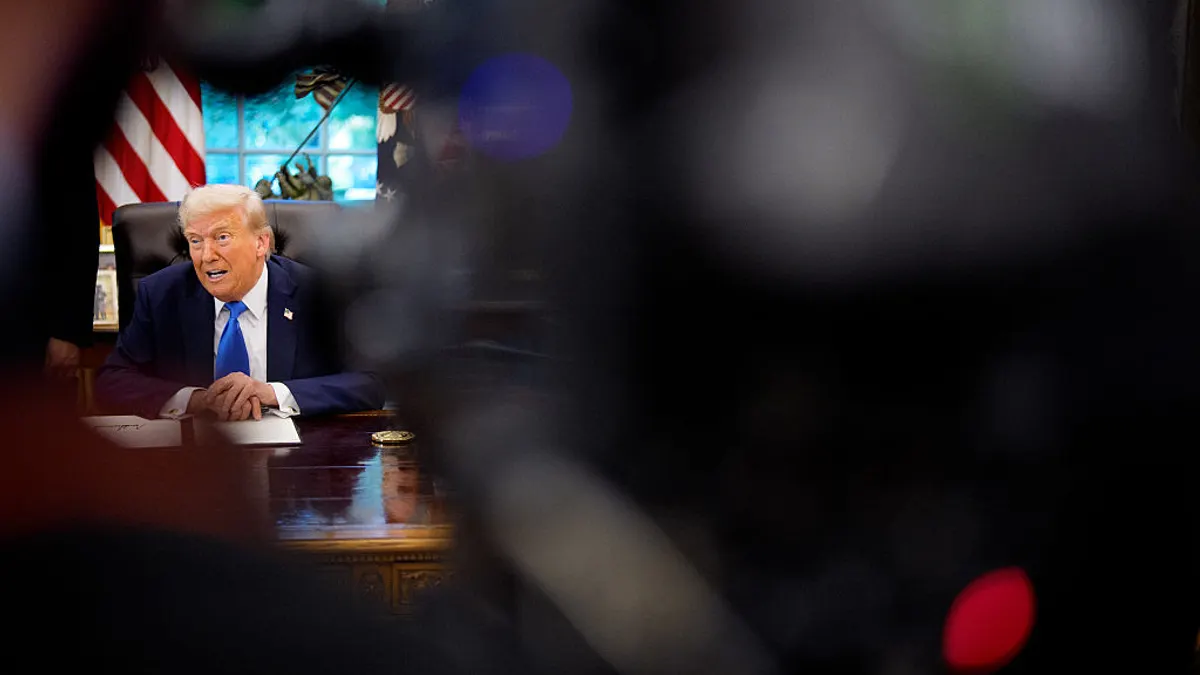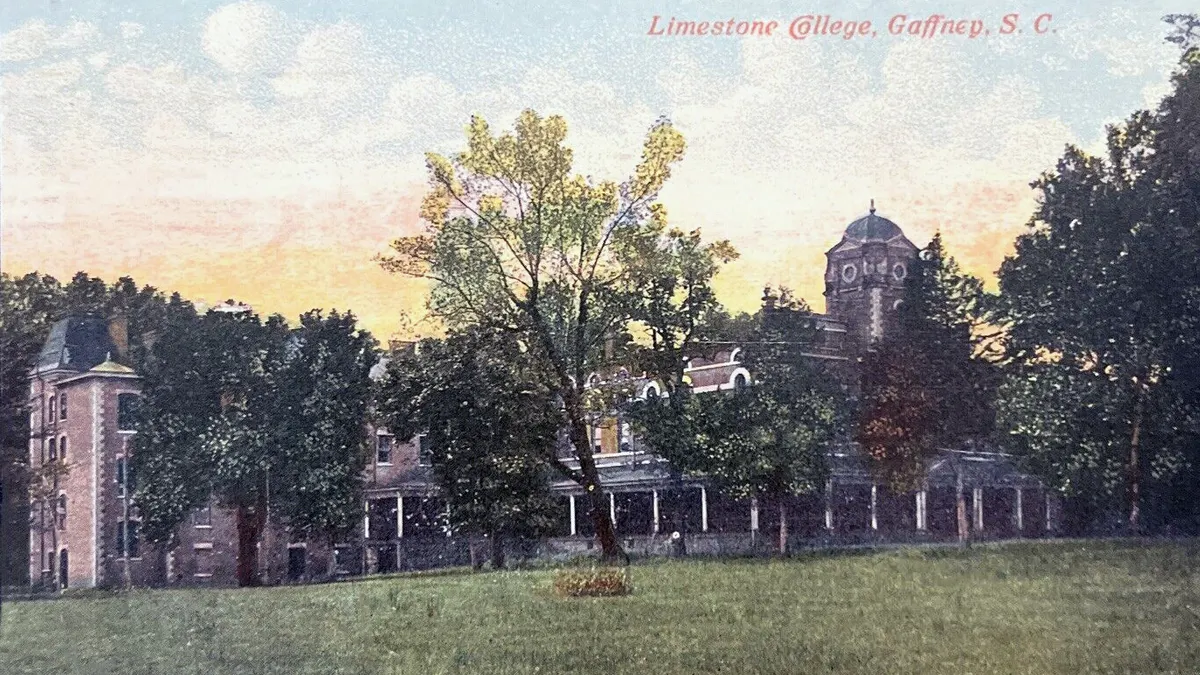University of Texas at Tyler President Michael Tidwell said East Texas, where his school is housed, is last in financial well-being, health and educational attainment of its citizenry. "If East Texas were a separate state, we'd be 50th or 51st in education," he said.
And that's where he believes the region needs to start — these issues are "only going to be addressed through a phenomenal educational system," Tidwell said. "We believe that if we're able to address this issue, East Texas will get stronger, and our national security, if you will, by extension will be better as well."
"I think the bigger challenge for many of the students is the lack of preparation ... both from their own socio-economic problems and from K-12."

Sandra Woodley
President, University of Texas at Permian Basin
So Tidwell said he is intently focused on identifying "What will our undergraduate students need to be able to change the fabric of their lives and the future of their families?"
"The biggest hindrance for the majority of our … students is the financial situation, the personal situation and their familial situation," he said. "The easiest thing to do is to make sure there are grants and scholarships available … so they can focus on their studies and not need to work" to support their education.
Sandra Woodley, President of the University of Texas at Permian Basin in Odessa, TX, said that while her town is often thought of as having one of the more well-off populations in the state, there's a great disparity between the top and the bottom, and she also is faced with a large number of students who come in underprepared and lacking resources to succeed in college.
"Obviously, money is an issue, certainly it was for me growing up, but I think the bigger challenge for many of the students is the lack of preparation ... both from their own socio-economic problems and from K-12," Woodley said.
Woodley reflected on her own past to underscore the crisis of preparation.
"It took me 10 years, working and with a family, to complete college. The biggest challenge for me was math. I had never taken math in high school — I didn't plan to go to college, nobody in my family had," she said. "Then I went on to be CFO of three major universities, so it wasn't that I couldn't do math, it was just that I'd never had it."
She realized there's something her campus can do to help make sure fewer of today's students have that same experience.
"It's important for us to be much more innovative around things like teaching K-12," and that starts with teacher education, she said.
"We're reorganizing our college of education around how do we meet the needs of our region? How do we increase the number of teachers that we're putting out to serve our region, and how do we do it better than anyone else," Woodley said. "What we're trying to do is to really innovate around the pedagogy of how we teach, particularly around STEM disciplines … and I think that's a real challenge here."
"I would really scale up some of these promising opportunities to make sure that these students who haven't had opportunities" can gain exposure that will help them succeed in college, Woodley said. "We can be a part of that solution, and we can do things differently."





